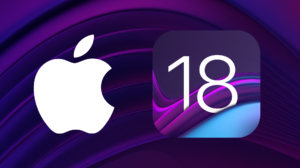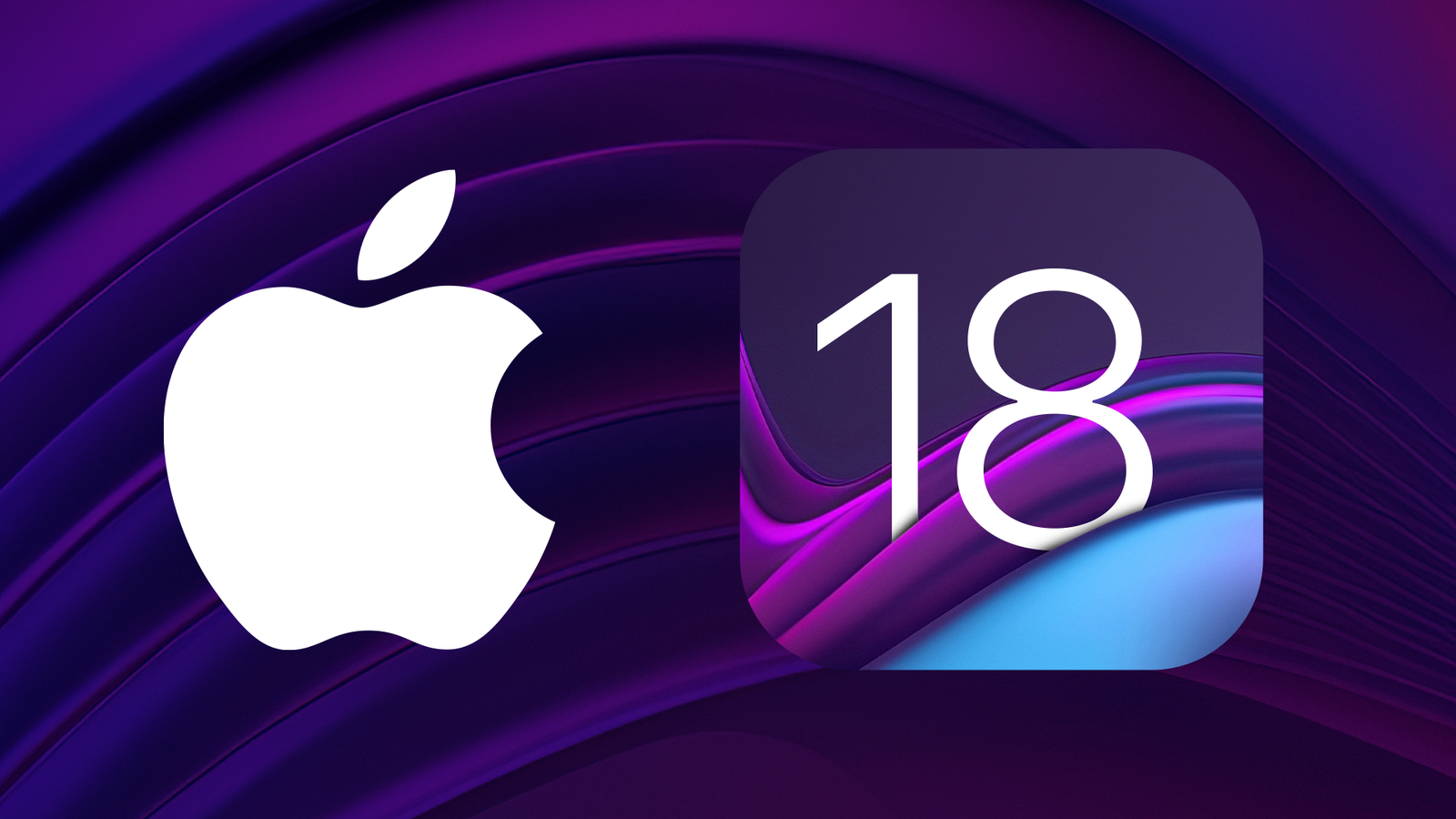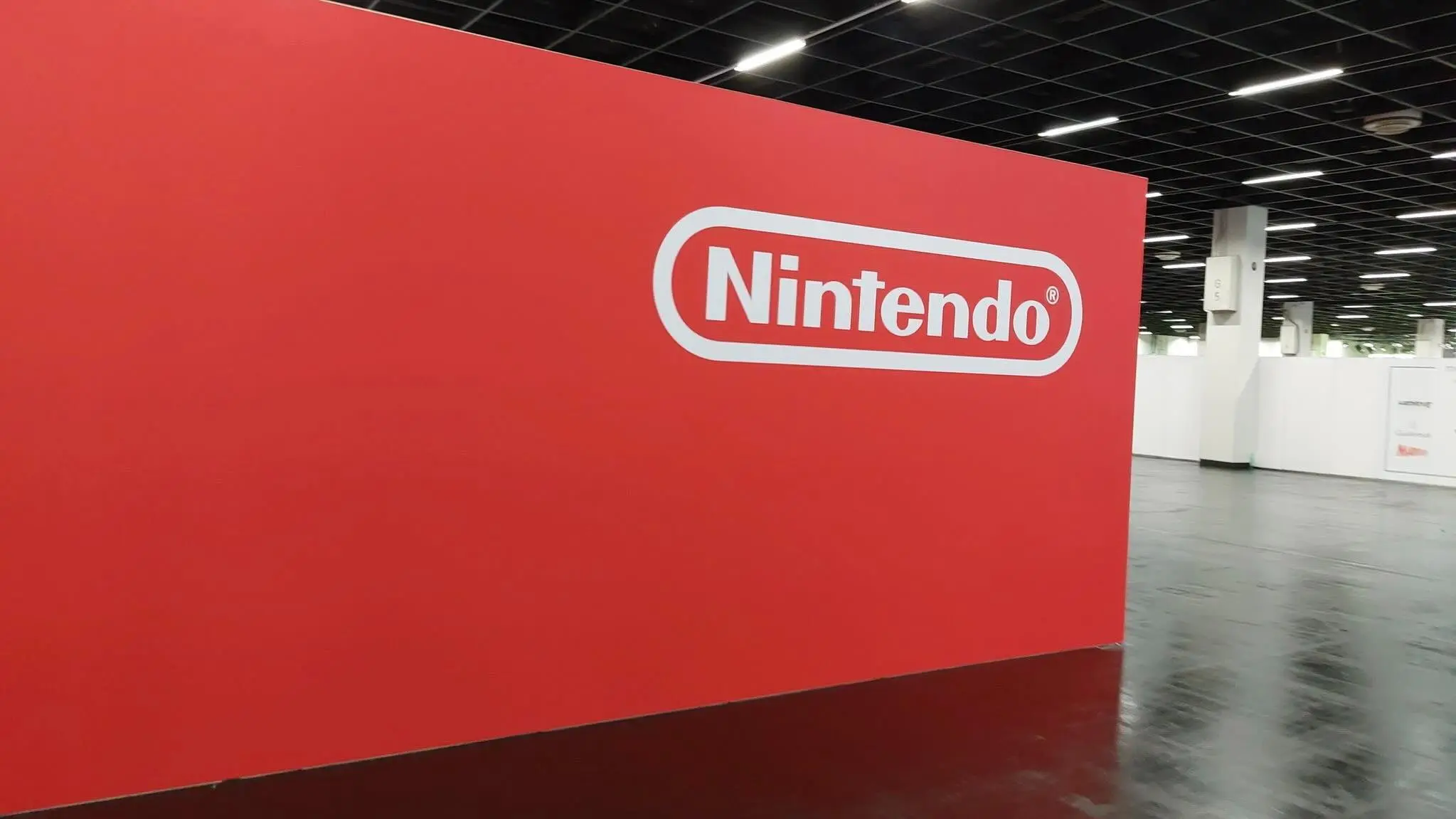On 26th May, a US jury in San Francisco ruled a lawsuit by Oracle over the usage of copyrighted Java platform for Android software, in favor of Google.
Google claimed that their use of Oracle’s Java development platform was protected under the fair-use provision of copyright law. Another trial on the same case in 2012, ended in a deadlocked jury.
Oracle’s general counsel Dorian Daley was quoted saying “We strongly believe that Google developed Android by illegally copying core Java technology to rush into the mobile device market.“
A sigh of relief for tens of thousands
An official statement by Alphabet Inc said that this is a global victory for the software developers in the Android ecosystem who rely on free and open programming languages. A victory for Oracle would have meant that developers across the platform would be subjected to copyright lawsuits, as well.
High-profile witnesses like Alphabet Executive Chairman Eric Schmidt convinced the jury that Google did not steal any intellectual property.
All it did was use Java to create an innovative product. He was also similarly involved in a different Google-Oracle lawsuit in 2010. This was also a copyright infringement lawsuit that Google lost.
Since a Federal Court ruling in 2014, that said that API’s can be copyrighted, multiple different copyright lawsuits failed. This was a major indicator that the Oracle lawsuit was not going to materialize.
The US copyright law allows limited use of material (Java in this case) without getting any permission from the one who holds the copyrights, and Google seemed to be well within those bounds.
Reactions among developers across the globe suggest that this was best for innovation at the core, and it will positively impact the morale.

















